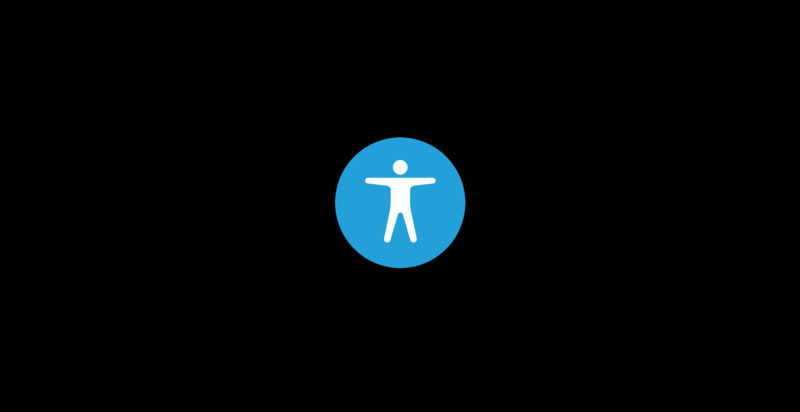On the 30th anniversary of the American with Disabilities Act (ADA), Apple's global accessibility director detailed how accessibility has long been a core value at the company.
The ADA became effective on July 26, 1990, paving the way for three decades of changes to the way systems and businesses accommodate those with disabilities. As illustrated by Sarah Herrlinger, Apple's director of Global Accessibility Policy, the Cupertino tech giant has believed that accessibility is a human right "from the beginning."
"It's fundamentally about culture," Herrlinger told TechCrunch, adding that "this core value is still evident in everything we design today."
That message has long been used by Apple to promote a growing list of accessibility features, many of which have been implemented on its most popular consumer device: the iPhone. That includes VoiceOver, which can aid those with vision impairments navigate iOS — as noted by Twitter user Kristy Viers.
I thought I would share how I, as someone who is visually impaired use my iPhone. pic.twitter.com/wPI9smOIq0
— Kristy Viers (@Kristy_Viers) July 26, 2020
"Over time iPhone has become the most powerful and popular assistive device ever. It broke the mold of previous thinking because it showed accessibility could in fact be seamlessly built into a device that all people can use universally," Herrlinger said.
When asked about where the tech industry could grow as far as accessibility, Herrlinger said that representation and inclusion are "critical."
"We believe in the mantra of many within disability communities: 'Nothing about us without us.' We started a dedicated accessibility team in 1985, but like all things on inclusion — accessibility should be everyone's job at Apple," she said.
 Mike Peterson
Mike Peterson








 Charles Martin
Charles Martin
 Malcolm Owen
Malcolm Owen
 William Gallagher
William Gallagher

 Christine McKee
Christine McKee
 Wesley Hilliard
Wesley Hilliard

 Andrew Orr
Andrew Orr







1 Comment
That is AMAZING. I only use a few accessibility features but I can see.